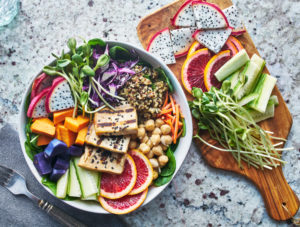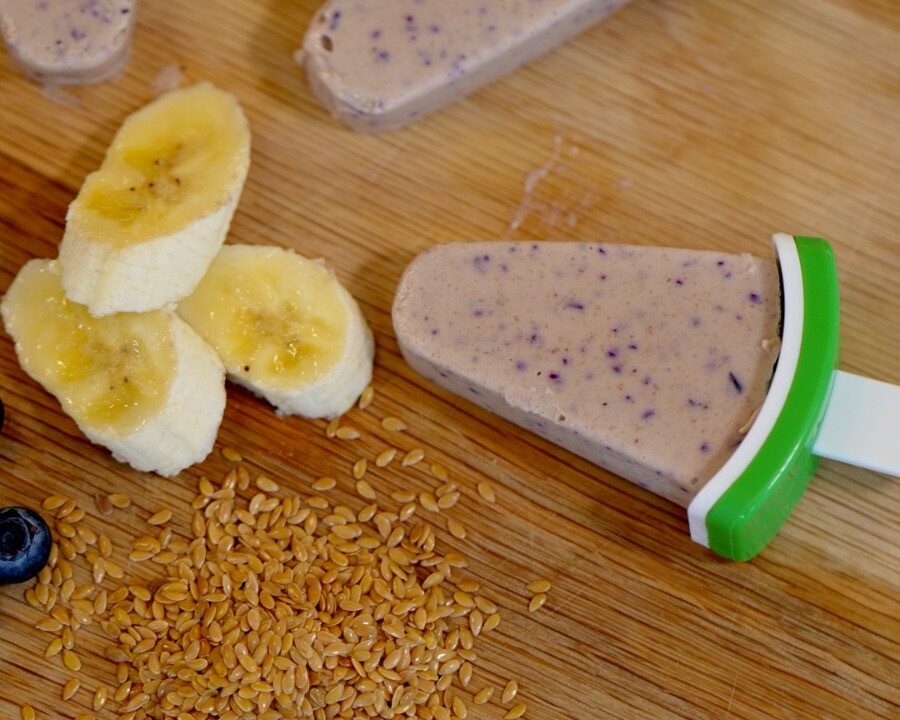A widespread shift away from processed foods and animal products is underway on a global scale, and new research shows that it spells good news for longevity. For many of us whose health and wellness journey has been non-linear, or for those who feel behind, it’s encouraging to know that no matter when we start to eat more plant-based foods, there’s still massive health benefits to be achieved.
“Not all plant-based diets are equal, but boosting the intake of high-quality plant-based foods over time lowers the risk of death even among people who started off with poor-quality diets,” – Megu Y. Baden M.D. Ph.D.
Researchers at the Harvard T.H. Chan School of Public Health recently conducted a study following nearly 75,000 individuals for more than 12 years. Participants averaged 64-years-old, and had no history of heart disease or cancer when they entered the study in 1998. Regardless of the starting point for each individual, the group with the biggest increase in high-quality plant-based foods saw a 10% decrease in deaths from all causes, and 8% lower for those with the largest increase in an overall plant-based diet.
It’s important to note that a plant-based diet doesn’t ensure long-term health. The individuals in the study that leaned towards low-quality plant-based foods saw their risk of death skyrocket by 11%. Today, it’s just as easy for plant-based eaters to find alternative junk foods and other highly-processed products. As a result, the researchers emphasized “high-quality” plant-based foods that are high in nutrients, like sweet potatoes, almonds, quinoa and mushrooms. They cited vegetables, fruits, nuts, and unprocessed whole grains as key ingredients for longevity.
“Not all plant-based diets are equal, but boosting the intake of high-quality plant-based foods over time lowers the risk of death even among people who started off with poor-quality diets,” said lead author of the study, Megu Y. Baden. M.D. Ph.D., in a meeting report from the American Heart Association.
The American Institute for Cancer Research offers similarly upbeat conclusions about a plant-based diet. The AICR recommends that cancer survivors follow the same diet recommendations of those for cancer prevention — a varied, plant-based diet, in which plant foods make up two-thirds or more of the plate.
The words “vegan” and “vegetarian” have become less intimidating as they continue to infiltrate the mainstream. For consumers who want to experiment with a plant-based diet, or slowly make the transition, it’s recommended to start trying out alternative dairy products like cashew-cheese or oat milk, and meat substitutes like tempeh and tofu (soy), and jackfruit. Before making a decision on whether you like these products or not, try out tasty recipes from sites like Minimalist Baker, and learn how to jazz things up with spices and other ingredients like coconut milk. It’s easier to eliminate products from your diet when there’s something that you enjoy to replace it with.
Another incentive for a plant-based lifestyle is the massive relief it offers the environment. A growing number of reports offer evidence that shifting away from animal-based foods could drastically reduce carbon emissions and waste byproducts, and lower water use by at least half. For context, it takes up to 8,000 gallons of water to produce one pound of beef, and nearly 2,000 gallons of water for one gallon of cow’s milk, compared to 302 gallons to make one pound of tofu, per UCLA Sustainability research.
(Read more about the study here.)




